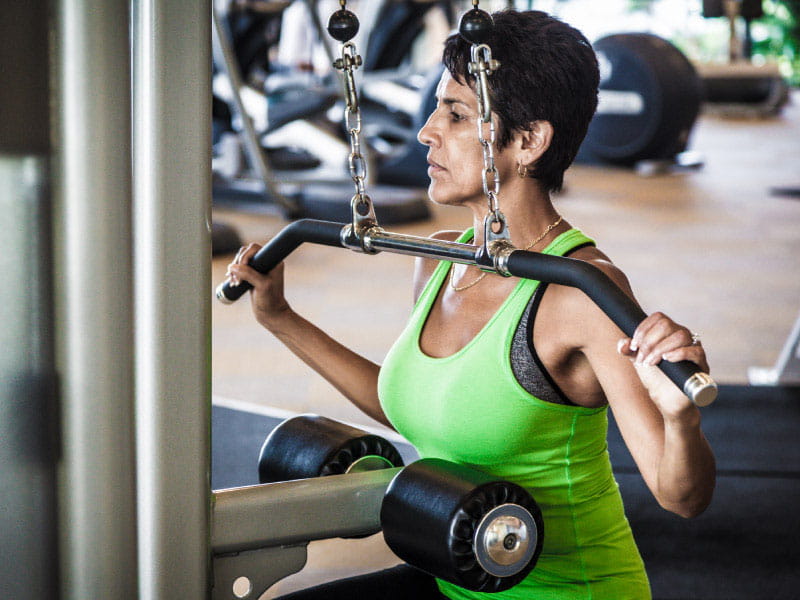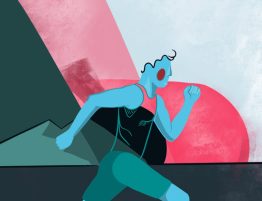
Resistance exercise that works on strengthening muscle may be better than aerobic exercise for improving the duration and quality of sleep, preliminary research shows. And that could be good for your heart.
“It is increasingly recognized that getting enough sleep, particularly high-quality sleep, is important for health, including cardiovascular health,” study author Angelique Brellenthin said in a news release. Brellenthin is an assistant professor of kinesiology at Iowa State University in Ames. “Unfortunately, more than a third of Americans don’t get enough sleep on a regular basis.”
While aerobic activity often is recommended to improve sleep, Brellenthin pointed to a 2018 Department of Health and Human Services report that called for more research into resistance exercise and sleep outcomes. “Our study is one of the largest and longest exercise trials in a general adult population to directly compare the effects of different types of exercise on multiple sleep parameters.”
Prior research shows not getting enough sleep, or getting poor sleep, can increase the risk for high blood pressure, elevated cholesterol and a buildup of plaque in the arteries, a condition known as atherosclerosis. Insufficient sleep also has been linked to weight gain, diabetes and inflammation, which are heart-related risk factors and can exacerbate cardiovascular disease. Too much or not enough sleep has been shown to increase the risk for stroke, heart attack and death.
In the new study, presented Thursday at the American Heart Association’s Epidemiology and Prevention, Lifestyle and Cardiometabolic Health conference, researchers randomly assigned 386 inactive, overweight adults with high blood pressure to one of several groups: supervised resistance or aerobic exercise three times a week for 60 minutes over a year; combined resistance/aerobic exercise; or a control group with no supervised exercise.
Resistance exercise participants worked all major muscle groups using 12 resistance machines to do three sets of eight to 16 repetitions on each machine. Aerobic exercise participants could choose among treadmills, upright or recumbent bicycles, or elliptical machines, which they used with moderate to vigorous intensity to get their heart rate into the target range. The combination group split their time between the types of exercise during each session.
Total sleep quality, sleep duration, the time it took to fall asleep, the time they spent in bed and the number and frequency of sleep disturbances were measured using self-reported questionnaires at the beginning of the study and again at the end of one year.
Overall, the quality of sleep improved and the number of sleep disturbances decreased for all groups in the study. Among the 42% of participants who began the study getting less than seven hours of sleep a night, those doing resistance exercise – but none of the other groups – were able to extend their average sleep time by 17 minutes per night. Those doing resistance exercise also found it took three minutes less to fall asleep each night.
The results are considered preliminary until the full findings are published in a peer-reviewed journal.
“While both aerobic and resistance exercise are important for overall health, our results suggest that resistance exercises may be superior when it comes to getting better ZZZ’s at night,” Brellenthin said.
“If your sleep has gotten noticeably worse over the past two stressful years, consider incorporating two or more resistance exercise training sessions into your regular exercise routine to improve your general muscle and bone health, as well as your sleep.”
If you have questions or comments about this story, please email editor@heart.org.



